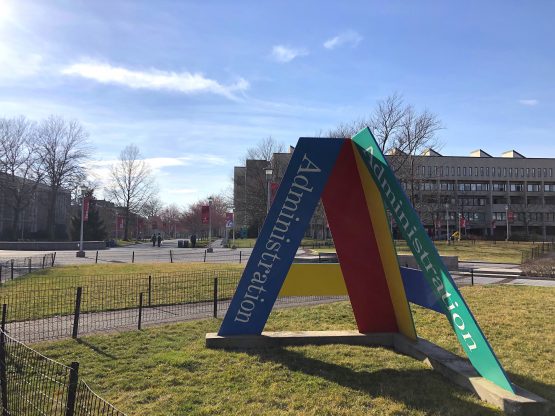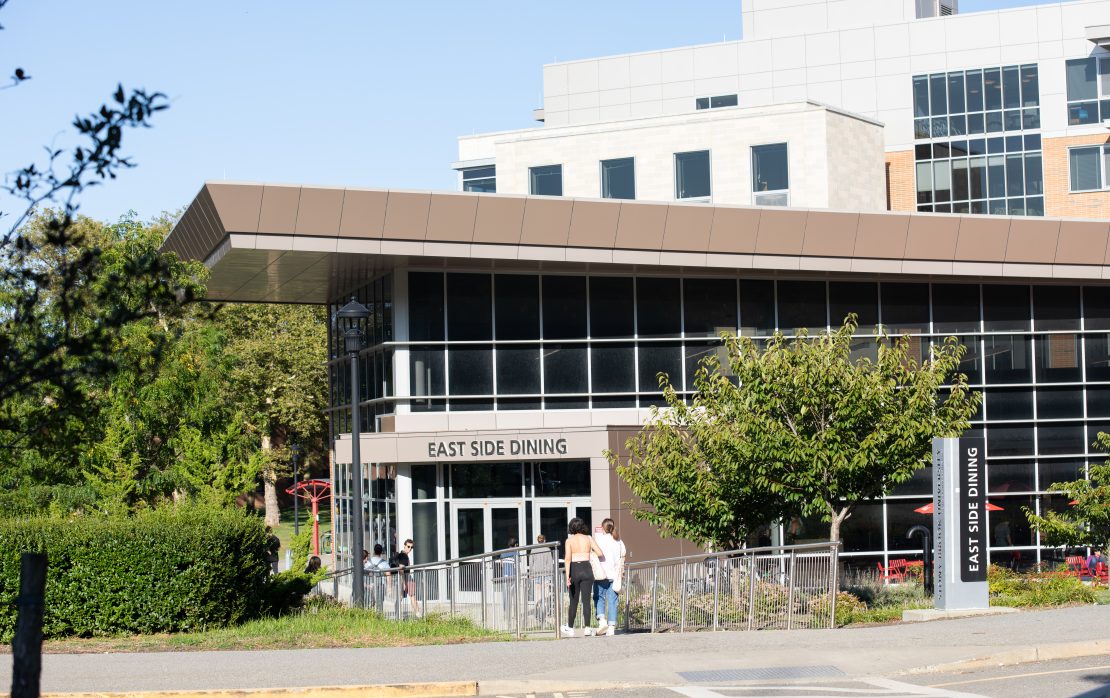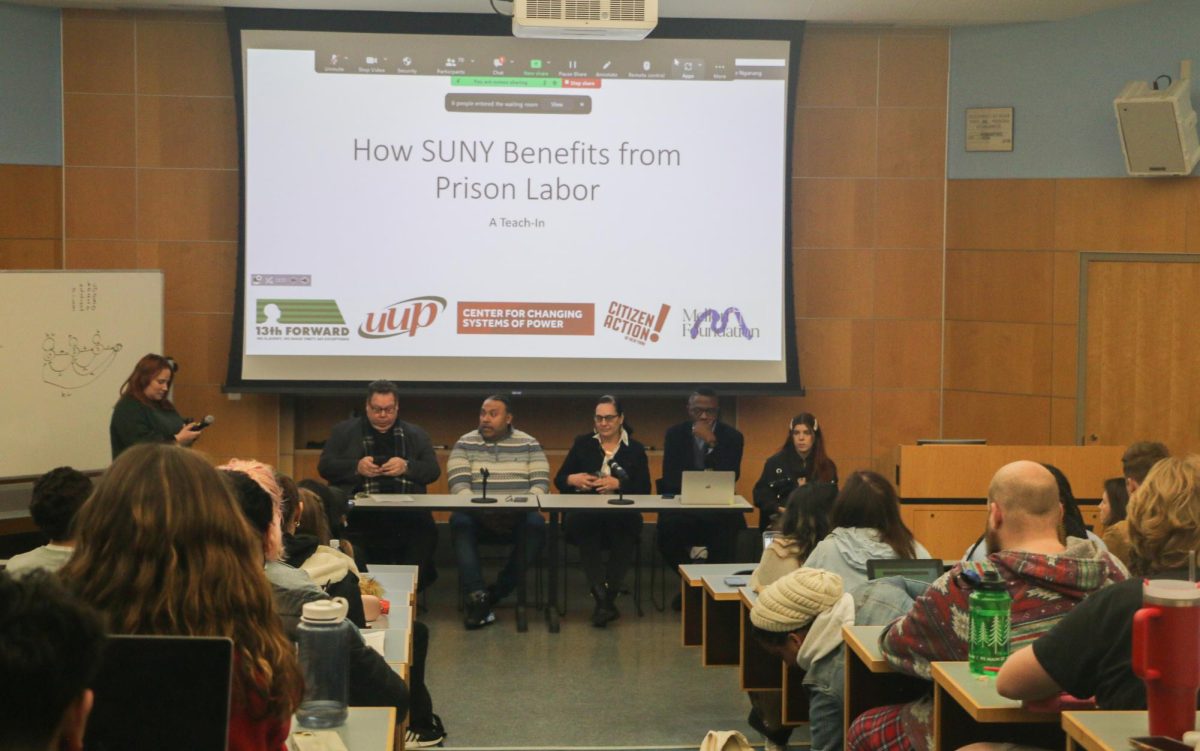
Stony Brook University has issued a new fall planning update in a campus-wide email on June 25 that included campus public health strategies and schedule adjustments.
The new email follows the previous June 4 message that announced the campus intends to open in the fall with a mix of online, hybrid and in-person courses. A plan for Stony Brook’s fall semester has been submitted to the State University of New York (SUNY) and is currently awaiting approval, according to President Maurie McInnis.
Final decisions regarding the fall semester are still unknown since guidance is dependent on the public health situation. In a campus-wide email on May 11, Former interim president Michael Bernstein said that “ultimate choices about the Fall will not be made until June 30 at the latest,” however, this self-imposed deadline has passed. New York Gov. Andrew Cuomo announced that colleges and universities could allow some in-person instruction and on-campus housing for the fall during a June 18 briefing.
“If it is safe to do so, it remains our intention to resume some on-campus learning and activities in the fall,” McInnis said.
Cuomo also asked each college and university in New York to develop reopening plans for the fall based on the state’s Higher Education Guidelines, including strategies for maintaining social distancing, acquiring protective equipment, containing any COVID-19 cases and screening.
The campus community will be required to wear face coverings, wash hands frequently, socially distance while on campus, and quarantine when necessary. Other public health strategies that will be put into place this fall include a daily COVID-19 symptom check.
Stony Brook University’s academic calendar has also been changed as part of the reopening plan. The fall break will be eliminated and on-campus classes will end just before Thanksgiving. The last weeks of classes and final exams will take place remotely.
Classes will be held in different formats including entirely online, in-person and hybrid. Since June 22, students have seen changes to the format of some of their classes on SOLAR, with many classes moving to an online format for the upcoming semester.
Senior biology major Andrea Palu had expected one class and two lab recitations to go remote, but all four of her classes went online.
“With all of my classes being online, there seems little reason for me to live on-campus, however, I still have research and other on-campus commitments,” Palu said.
Some students who don’t need to be in-person for their classes are left trying to decide whether paying for on-campus housing is worth it.
Sophomore business major Kirstin Meyers had four out of five of her classes go online.
“I wouldn’t want to dorm with almost all my classes online because it would be a waste of money and I would just feel better being at home,” she said.
However, Meyers is conflicted because she doesn’t want to lose out on dorming in future semesters.
Palu said she would prefer her labs to be a hybrid format in order to get the full experience of the class.
“I do not mind two of my classes being online, but I wish my labs were hybrid, because communicating with the teaching assistant is essential,” she said.
Before seeing her updated schedule, Emma Keegan, a junior biochemistry major, couldn’t imagine how some of her important in-person labs could be taught online.
“Next semester, I do not have a single in-person class and even though I wasn’t satisfied with the quality education I got in most of my classes last semester, I have hope that the departments will do their best to listen to student feedback and adjust the courses accordingly,” she said. “Nothing can replace in-person classes.”
Smaller classes will continue to meet in person in larger venues with the ability to socially distance six feet apart, while larger classes will be remote.
In terms of campus facilities, residence halls will remain open, only including single and double rooms. Some rooms will be reserved in case a student needs to be quarantined. Dining halls will also be open, but they will have decreased capacity and offer more grab and go meals.
Since health screening practices will be mandatory, faculty and staff will be able to perform their own health screenings through a phone application, which is currently in a testing phase and mirrors the screening currently being used by Stony Brook researchers. Although students won’t be required to be screened on a daily basis, they must be screened periodically, according to the Higher Education Guidelines.
SUNY Binghamton has released strict measures ahead of their reopening. Dining halls will be limited to takeout-only, group gatherings over 10 are prohibited and university clubs will meet virtually.
McInnis hopes that Stony Brook will receive approval of their plan by early July and wrote that she will provide more details in the upcoming days.
“This is a complicated time filled with challenges, but I am confident that, together, we can continue to reach new heights in research and scholarship and that we will be able to offer a fall semester filled with many of the things that make Stony Brook such a special place,” she said.
















